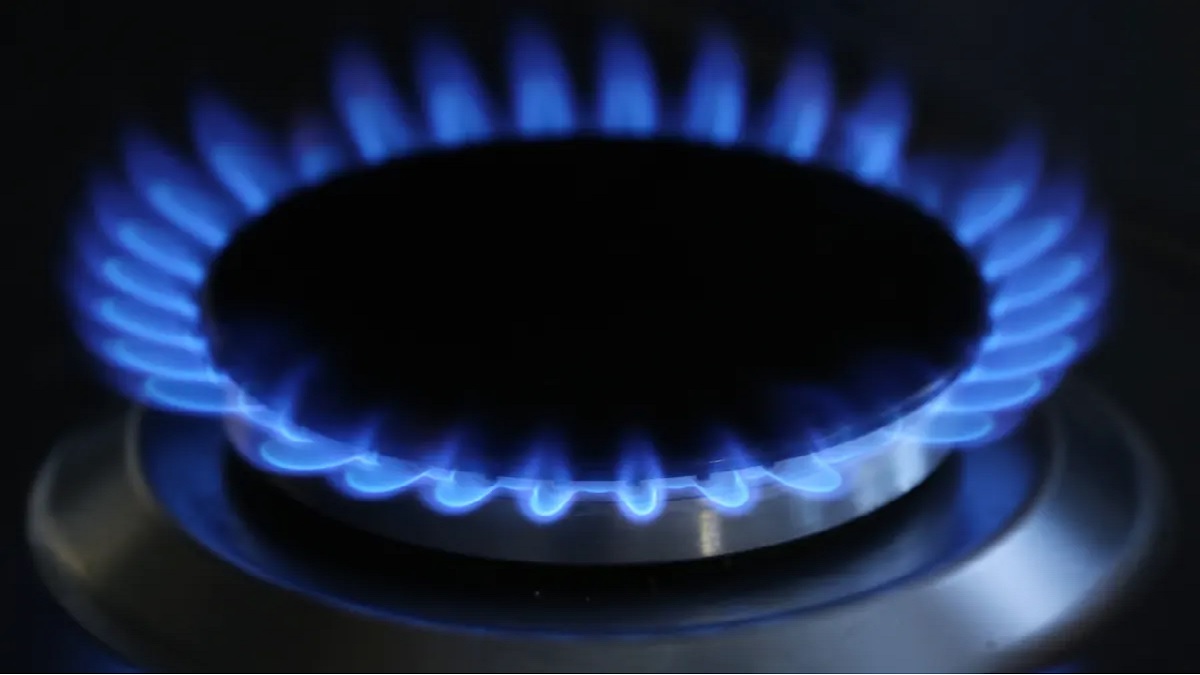On the first day of the holy month of Ramazan, people across large parts of Pakistan faced hardships due to outages of natural gas. Despite the government’s claim of uninterrupted gas supply for sehar and iftar, worst-hit were the Karachiites, where consumers complained of low pressure and no gas throughout the day. The situation was no different in Rawalpindi and Quetta, where residents also faced a gas shortage.
An official announcement from the Sui Southern Gas Company (SSGC) gave timings for gas profiling during the holy month of Ramazan. However, despite assurances of gas supply at sehr and iftar time, the company cited a shortfall in its system due to a yearly 8-9 percent decline in the country’s gas reserves.
The SSGC statement further explained that “gas profiling” would continue from 8am to 2:30pm to ensure better gas pressure. However, residents of Lyari were furious at the shortage of gas at the beginning of the holy month, with some claiming that they had no gas supply for nearly four months. Inflation has also risen to unprecedented highs, making it difficult for low wage earners to sustain additional costs of gas.
Residents of Rawalpindi and Quetta also faced similar problems. Dwellers of Dhoke Ratta and Arya Mohallah in Rawalpindi said they had lodged complaints, but no steps had been taken to redress their grievances. They held responsible the installation of CNG filling stations on an adjoining road for the decreased pressure, claiming that they were provided gas from the main line used for domestic consumers.
Read More: Nation Prepares For Toughest Ramadan Amid Inflation Woes
Similarly, residents of the capital of Balochistan, Quetta, also remained without gas supply on the first day of Ramazan. Localities on the outskirts of the provincial capital faced complete suspension of gas, while there were reports of low pressure and complete suspension of gas from Pishin, Ziarat, Mastung, Kalat, Sibi, Bolan and other towns.
An SSGC spokesperson denied that the company had resorted to load shedding anywhere in the country but pointed out that certain areas may face low pressure due to around 20 million to 20.5 million stoves being turned on at the same time of sehri. Officials at the SNGPL regional office told there was a huge gap between demand and supply as the domestic load increased three times in Ramazan. They promised that the situation would improve in the coming days, with domestic consumers being the priority under the special directives of the federal government.



























